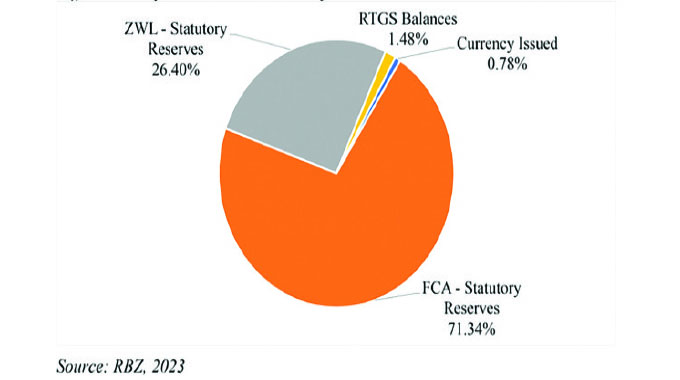Why local procurement matters
Faith Mangena Buy Zimbabwe
The strength of the local industry is integral to the standard of living and economic development of any nation.
In fact, a healthy industry is a key catalyst of economic growth. For the local industry to operate at full capacity, market players that is the government, producers and the consumers all have a role to play.
Consumers must “buy local” whenever they can, producers must strive to produce quality goods at competitive prices and government should formulate policies that support the sustainable growth of local industries making sure that this growth translates into poverty reduction, economic growth and economic development.
Local procurement is the process of obtaining personnel, supplies and equipment from indigenous sources and can be designed to specifically promote industry in an economy. It’s analogous to an import substitution policy that also supports the production and consumption of local goods. Many benefits can be realised from local procurement.
Firstly, industry has the largest employment and output outliers, with wages in industry being comparatively high. Locally owned businesses inject most of their capital back into their country other than the foreign owned ones who may seek to reinvest profits back to their original countries. This creates “growth from within” as local workers earn wages and income, giving them accessibility to basic needs thereby eradicating poverty.
Employment also results in self-reliance. Government resources are very scarce especially in the Zimbabwean case where corruption levels are too high. Government is therefore unable to cater for a greater part of the population.
Job security makes people self-reliant such that you are not a burden to the nation. Local residents with roots in the economy are also involved in key development decisions that shape their lives and local environment.
Increased local production and jobs lead to a greater tax revenue base which is critical for Zimbabwe at the moment for it will cover government expenditure as well as government debt.
Local procurement will also help in keeping money in the economy and not flushing away our money to other economies. The replacement of one dollar’s worth of imports with local products is as effective in generating national economic growth and expansion as the creation of one dollar’s worth of exports.
Zimbabwe will not be the first country to support local procurement. Import substitution has grown into an indispensable and internationally shared method of achieving economic stability. America at some point adopted a “Buy American” act which stipulated that certain federal state and local government entities procure locally. This was in an effort to industrialise.
China currently issued directives mandating all GSM equipment purchased in China to be produced domestically. This has resulted in China successfully creating a booming industry that can sustain its people.
History in Zimbabwe also suggests that local procurement can indeed “heal” our troubled economy. The breakup of the Federation of Rhodesia and Nyasaland in 1963, was followed in 1965 by the UDI which introduced a new era of inward looking import substitution policies. In 1965, manufacturing alone accounted for 17percent of GDP. By the end of this period it had risen to 24 percent and the range of products rose dramatically.
Conversely, it should be noted that import substitution and export orientation are not mutually exclusive. They can act as complimentary strategies in achieving growth and economic stability. We can, however, only export after we have fed ourselves and our people.
By procuring locally, we save money and by exporting we generate revenue which we can then use to clear our debts and balance our negative trade balance.
Import substitution will be used to develop local industry until it reaches a level at which it can compete in the foreign market. An export promotion strategy will aid in increasing exports. However, for these strategies to work there is need for a huge internal demand that is local procurement.
The overwhelming positive impact of consuming local products, as supported by theory and some practical examples leads us to the conclusion that local procurement is one of the major strategies Zimbabwe can use to revive its grim economy. There needs to be a restructuring of the economy’s consumption patterns where consumers are imparted with the knowledge on the benefits of “buying local”.
With the current market conditions and the appreciation of the dollar over currencies in nearby countries, it has become increasingly cheaper to buy imported goods despite the increased costs of packaging, transportation, inspection and associated expenses. However, along with lower prices comes the added cost of impacts on the economic well-being of your community and your nation as a whole.
Everyone plays a role. It’s not up to the government to revive the economy. We all have a part to play. Buy local; make it your business to grow Zimbabwean industry back to its glory days when it was the “jewel of Africa”.
Buy Zimbabwe for pride, wealth and jobs!!!!
Faith Mangena is an Economist with the Buy Zimbabwe Trust. The views expressed in this article solely belong to the writer.






Comments